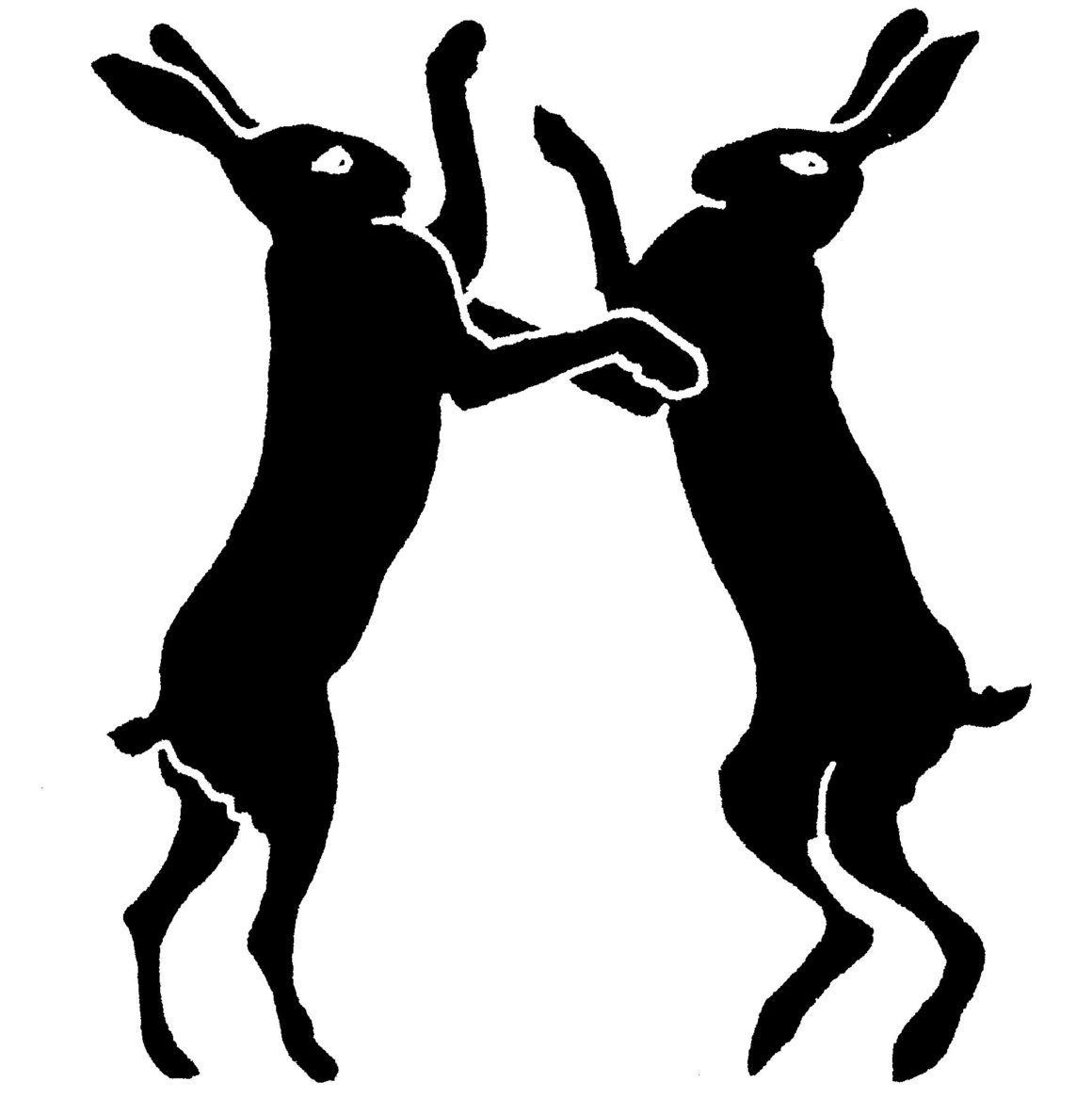Medbh McGuckian was born in Belfast in 1950. She studied at Queen’s University, earning a BA and MA, and was later appointed the institution’s first female writer-in-residence. She has won the National Poetry Competition, The Cheltenham Award, The Rooney Prize, the Bass Ireland Award for Literature, the Denis Devlin Award, the Alice Hunt Bartlett Prize and The Forward Prize for Best Poem. Her latest collection, Blaris Moor, was published by Gallery Press in 2015, the same year Wake Forest brought out a collection of new selected poems, entitled The Unfixed Horizon.
A PARTICULAR FRIENDSHIP
Milkfish, sunbear, clouded leopard,
Seawasp — his English was always at its worst
In the mornings or when he was at pains
To shed his Englishness:
You have some subtle thought and it
Comes out as a piece of broken bottle.
Beginning to hear the words as voices,
Though they spoke then without voices,
He began to dream he was back in London
During the Blitz, had arrived without an overcoat
As though it were a recent hurt,
In Image-town, the beautiful,
Where they rang the bells backwards.
He had been looking for the perfect city,
Maybe it begins with W
In his first made-up language.
To be fair to his younger self,
It is something to do with the rain the day
Before, when you rekiss kisses,
White road without cars, written
In Joyce Esperanto or macaronic
With the pencil the hospital allowed.
He told the headmaster he didn’t care
For Plato, and read books few others
Had heard of (most of his favourites were
On the Index). He wore a navy-blue turtle-
Neck sweater, spent money on silk ties
He wondered if he would ever wear—
They were after all in the best of taste.
He wore a soft felt hat which he threw
Like a Frisbee, a gold watch chain
On which he had no watch.
****************************
Lone operator, she suspected him
Of being a spy for the other side,
That he took up spying for sport—
She prayed for him when nobody else did.
One movie he saw through four times,
Smoking his Craven A or players Number Three,
Downing a concoction called Vimto
Or Harvey’s Shooting Sherry.
He kept his lips tight shut when others
Were praying in the chapel, but hung about
Thinking of the white monks in the novel:
There were times when he wondered
If only names made sense— the stations
On the railway, a catalogue of advertising
Slogans, the names of the ships that sailed
To Troy— the name of every girl
He had thought himself in love with.
He would have liked the shared silence
And protection of an older woman
(His Aunt Maud died that November).
*********************************
Cold but passionate, he spent his evenings
In one pub or another, as if he were doubled-
Up over an oar the whole time, enjoying
The craziness of the place, though he says
Nothing about the huge Peace March, or Hunger
March, he talked of Reds in an ill-defined way.
He would sign a petition and probably picketed,
Sold some pamphlets and made some kind of speech
In the big classroom during the strike.
Editor of the yearbook, he was good
At drawing footballers, and could do imitations
Of Baby Face Nelson. First and last,
A literary youth, he walked explosively
With verse as in a trance both merry and sober;
Poet of the rain, he wrote of the inkpot
And of the pen he was using for whatever warm
Book, fingers together in a pear shape.
A cartoonist’s picture of an Irishman,
Moonfaced, caustic, and witty,
He had young eyes, one of the best glances
Upwards waiting in the dismal bus station.
Like something of a dream-return
Of torn theatre tickets, he came in and out
Of view at times of his own choosing,
Mouth still burning from the night before.
For him the Mass was a ballet, still
Its sermon made him sore, two flushes
Of new leaves on the daylilies in the spartan
Parlour could find his leaving
Believable, very believing unbeliever.





